PULAU PAPAN (AFP) – Sofyan Sabi’s sea-dwelling community has fished beneath the waves off the Indonesian coast for centuries, but climate change and overfishing have forced him and many of his contemporaries on land to make a living.
The Bajau tribe of fishermen led a nomadic life at sea for generations, spending days and nights on boats with thatched roofs in the waters between Indonesia, Malaysia and the Philippines.
Members of the tribe learn to dive from a young age, and their bodies have adapted over time to allow them to fish underwater for longer periods, researchers say.
But for the hundreds of Bajau people living on the tiny boardwalk island village of Pulau Papan in Indonesia, their ancestors’ unique way of life has all but died out.
“We changed professions. We are fishermen who work at a farm. Farming gives better income because there are many crops I can plant,” Sofyan said, adding that he owns a nearby two-hectare plot to grow corn and bananas.
“Sometimes we earn nothing by going to sea. Sometimes there are fish, sometimes there aren’t any,” the 39-year-old told AFP.
Trained to hold his breath between 10 and 15 metres deep since he was a child, Sofyan still scans the waters for sea cucumbers or an octopus that could earn him as much as IDR500,000 (USD31).
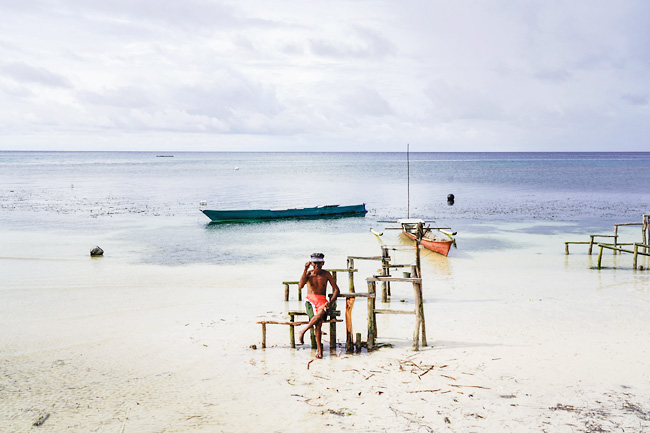
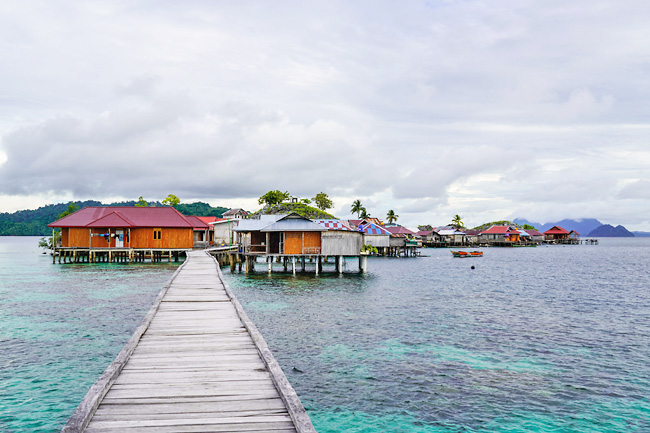

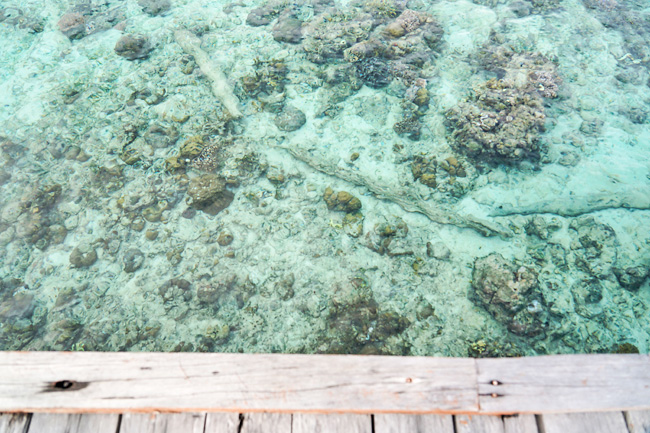
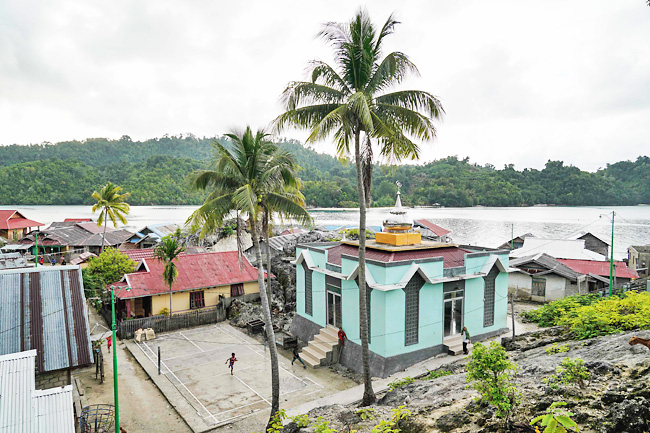
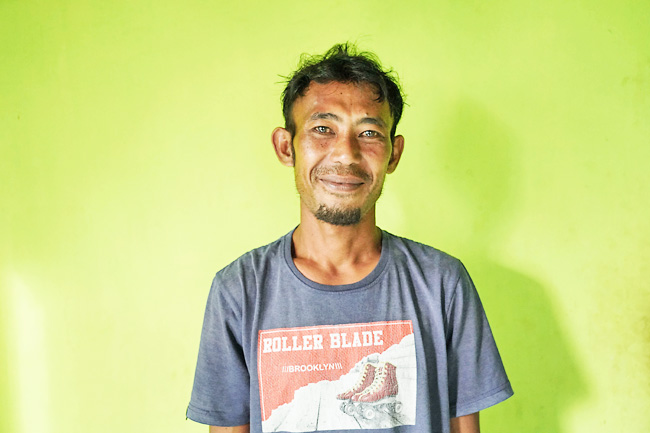
Researchers attribute the Bajau ability to dive deeper and longer to a possible genetic mutation that has given them larger spleens, allowing their blood to store more oxygen.
But commercial overfishing and rising temperatures have made sea catches increasingly unpredictable, said a researcher at Thailand’s Chulalongkorn University who has studied the Bajau, Wengki Ariando.
“They are facing decreasing marine resources,” he said.
As temperatures rise, fish migration and mating patterns change, corals are bleached, and the food chain changes.
More than half of Indonesia’s 11 fishery management areas are now listed as fully exploited.
The country’s fish stocks fell from 12.5 million metric tonnes in 2017 to 12 million in 2022, Fishery Ministry data shows.
“The fish are decreasing because too many people are catching them,” said 52-year-old fisherman Arfin, who goes by one name.
A dilapidated mile-long jetty takes visitors along turquoise waters onto Pulau Papan.
Davlin Ambotang, who lives on the island, said the Bajau first started to settle there three generations ago.
“They saw this island as suitable for building houses, so they settled there. No longer nomads, moving around,” he said.
But life on land has its own challenges.
Davlin’s brother runs a homestay banking on tourist visits.
He complains that authorities direct visitors to sleep at government-built cottages instead of helping Bajau businesses flourish.
“There’s no additional income for the people. The government controls everything,” said Sofyan.
“There are many arguments between them and the locals.”
The long stateless Bajau grew increasingly settled in villages like Pulau Papan in search of government recognition.
“The Bajau changed their livelihood because to get accepted as a people in Indonesia they have to be settled,” said Wengki, adding that the drive to register them officially began in the 1990s under Suharto.


